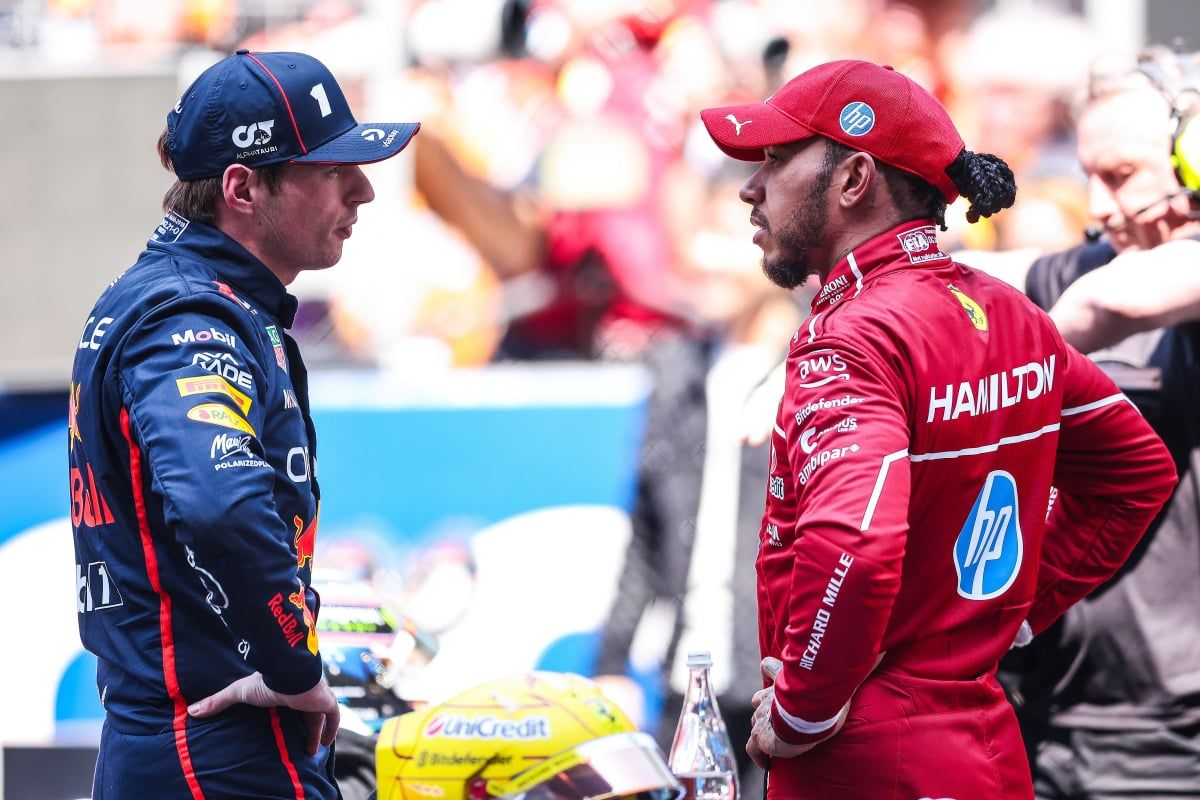F1 team demand FIA investigation after controversial I…read more
Haas F1 Team has officially requested that the FIA provide a comprehensive written explanation regarding a contentious decision made during the qualifying session at the Emilia-Romagna Grand Prix, specifically targeting the deletion of Oliver Bearman’s fastest lap in Q1. The team is seeking clarification on the procedural aspects of this decision and is urging the governing body to outline the mechanisms it will implement to prevent such incidents from recurring in the future.
The controversy arose during the final moments of the first qualifying session (Q1), where Bearman delivered what appeared to be a strong lap at the Imola circuit. His performance had seemingly placed him tenth on the timing sheets, a position that would have allowed him to progress into the second qualifying segment (Q2). According to the official timing, Bearman’s car crossed the finish line at precisely 16:32:20.9.
However, a complication occurred moments earlier. Franco Colapinto, serving as Williams’ reserve driver, was involved in an accident at the Tamburello corner. The incident triggered Race Control to issue a red flag due to safety concerns, effectively neutralising the session. The crucial timestamp for this red flag was 16:32:17.6. Because the timing system is electronically synchronised across all sectors and loops of the circuit, the red flag is considered to take effect simultaneously at every location on the track.
As a result, despite Bearman having started his lap before the red flag and completing it at a high speed, the system recorded that he crossed the finish line a few seconds after the red flag had been triggered. The official interpretation was that any laps completed after the session was neutralised—even if in progress beforehand—would be invalidated. Consequently, Bearman’s lap was struck from the record, dropping him from a safe Q2 spot to eighteenth overall, thus eliminating him from further participation in qualifying.
The Haas team is now pressing for transparency, arguing that such rulings must be better understood by teams and fans alike. They stress the need for clear safeguards and consistent applications of the rules to ensure fairness in time-sensitive scenarios, especially those influenced by red flag interventions. The situation has sparked broader discussion about the robustness and fairness of the current FIA timing protocols, especially in close-cut qualifying situations where fractions of a second can make a significant difference in a driver’s weekend performance.




